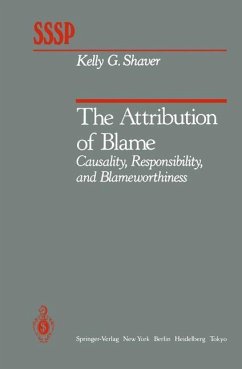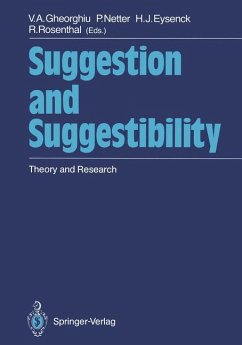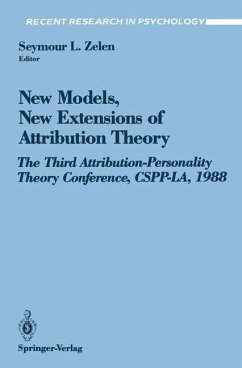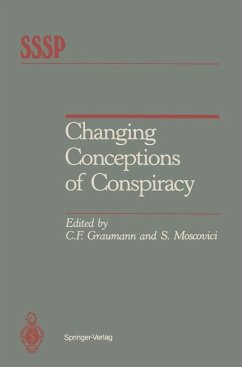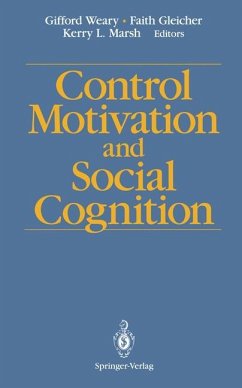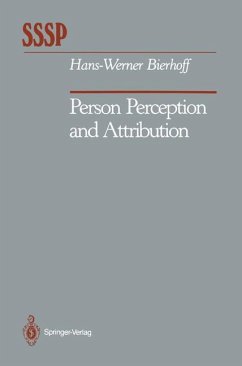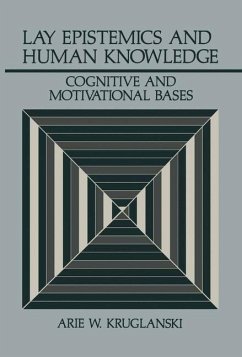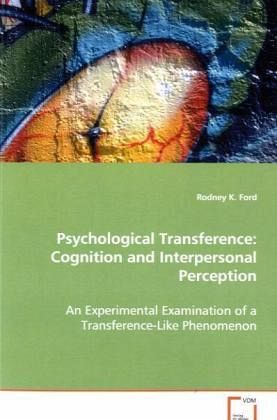
Psychological Transference: Cognition and Interpersonal Perception
An Experimental Examination of a Transference-Like Phenomenon
Versandkostenfrei!
Versandfertig in 6-10 Tagen
39,99 €
inkl. MwSt.

PAYBACK Punkte
20 °P sammeln!
Psychological transference is a central construct in the theory and practice of most psychodynamic models of psychotherapy. The present study empirically examined a key component of transference. Specifically, this study examined the theoretical proposition that when we are introduced to new people who bear similarities to one of our parents, we are inclined to confabulate memories about these new individuals consistent with the parent they resemble. Findings from the present study failed to support this psychodynamic proposition. These findings suggest that practitioners of psychodynamic mode...
Psychological transference is a central construct in the theory and practice of most psychodynamic models of psychotherapy. The present study empirically examined a key component of transference. Specifically, this study examined the theoretical proposition that when we are introduced to new people who bear similarities to one of our parents, we are inclined to confabulate memories about these new individuals consistent with the parent they resemble. Findings from the present study failed to support this psychodynamic proposition. These findings suggest that practitioners of psychodynamic models of psychotherapy should not automatically assume that their patients are inaccurately appraising their therapists as individuals. These findings provide support for the more conventional notion that when mental health clients develop strong negative or positive feelings for their psychotherapists, that those feelings may well have a significant grounding in the therapist's presentationof him or herself, as opposed to being a revivification of feelings from childhood projected onto the therapist.



